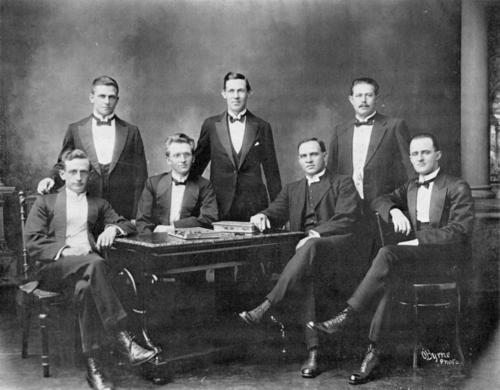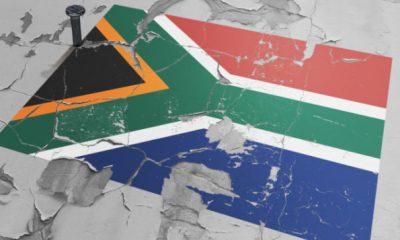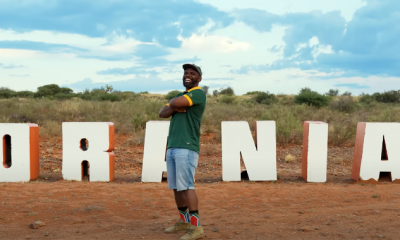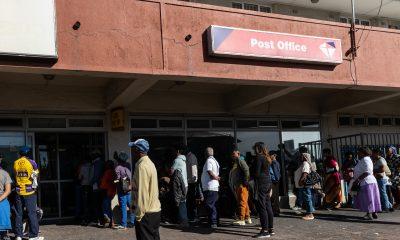411
The Secret Organisation That Controlled South Africa’s Government for Decades

For much of the 20th century, South Africa’s power didn’t just sit in Parliament — it sat quietly in secret meetings held by an exclusive group of men. The Afrikaner Broederbond, a highly secretive organisation, quietly pulled the strings of politics, business, education, and even religion in South Africa.
Founded in 1918 under the name Jong Suid-Afrika, it later rebranded as the Afrikaner Broederbond in 1919, limiting membership to Protestant Afrikaner men, by invitation only. Its purpose? To promote Afrikaner nationalism and secure political and economic control.
From 1948 to 1994, every South African prime minister and state president — from D.F. Malan to F.W. de Klerk — was a member.
A Culture of Secrecy
The Broederbond was built on a Christian-nationalist foundation, and its motto, “Be Strong”, shaped its internal culture. Members were urged to keep discussions secret — not even their wives were allowed to know what was discussed in meetings. Rumours of candle-lit interrogations and secret handshakes added to the air of mystery.
Membership wasn’t just a title — it was a pathway to power. Once inducted, new members would finally see the leadership in the light — literally, as lights were turned on only after successful initiation.
Power in All the Right Places
The Broederbond didn’t just focus on politics. It influenced appointments across state institutions — from the judiciary and police to universities and churches. Business leaders like Anton Rupert, academics like Theunis Roux Botha, and church leaders like Nico Smith were all members.
The group even helped create Volkskas Bank and influenced top appointments at financial giants like Sanlam and Rembrandt.
In 1977, Time Magazine described the Broederbond as “the most powerful organisation in South Africa.” At its peak, it had over 10,000 members across 700 local divisions, spreading its ideology through carefully worded directives and cultural campaigns.
A Hidden Hand in Public Life
Circulars from the Johannesburg head office guided monthly meetings, with topics ranging from security issues and political appointments to education policies and vacant posts. These discussions shaped what the public would see later as spontaneous decisions or opinions — when in fact, they were often part of a coordinated Broederbond directive.
The Fall of a Giant
The Broederbond’s influence began to wane in the early 1990s, as South Africa moved toward democracy. In 1993, the organisation rebranded as the Afrikanerbond, opened its doors to all Afrikaans-speaking adults, and ended its culture of secrecy.
Today, the Afrikanerbond presents itself as a civil society organisation focused on promoting Afrikaans culture, democracy, rural safety, and even land reform. It still carries its historic motto “Be Strong”, but now with a more inclusive tone, saying it supports responsible citizenship and patriotism in a democratic South Africa.
Legacy and Controversy
While the modern Afrikanerbond positions itself as progressive, its legacy remains deeply intertwined with South Africa’s apartheid past. The Afrikaner Broederbond was more than a secret club — it was the unseen architect of a system that shaped millions of lives, often through policies that favoured one group over others.
Its story is a reminder of how power can move quietly behind the scenes — and how secrecy, when mixed with influence, can shape the destiny of a nation.
Afrikaner Broederbond documents


{Source: BusinessTech}
Follow Joburg ETC on Facebook, Twitter , TikTok and Instagram
For more News in Johannesburg, visit joburgetc.com



























